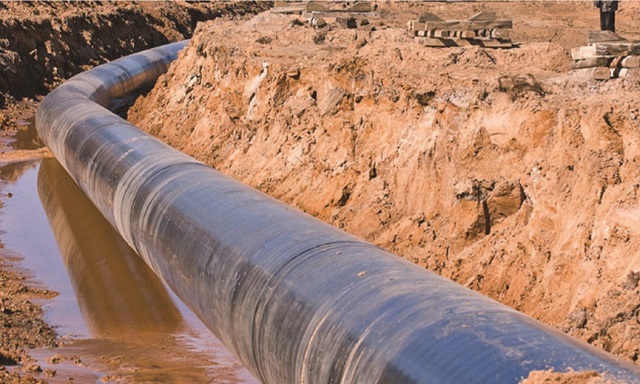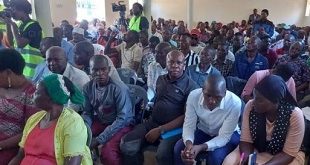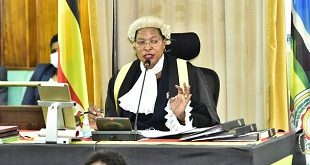
Kampala, Uganda | THE INDEPENDENT | Civil society actors have challenged the government to take with serious concern, decisions by some international banks not to finance the East African Crude Oil Pipeline-EACOP.
At least six international banks have backtracked on their financing plans for a USD 3.5 billion project, which will include developments of oil fields in the Albertine region and the construction of a crude oil export pipeline from Hoima in Uganda to Tanga in Tanzania.
The banks that have withdrawn their interests include French giant BNP Paribas Bank, Société Générale, Crédit Agricole, and Credit Suisse of Switzerland, ANZ of Australia and New Zealand, and Barclays group. According to BankTrack, an international body fighting to stop the financing of harmful business activities, the international financial institutions were pushed by the global demands to end the exploitation of fossil fuels.
The withdrawal of banks with international reputation, according to Yisito Muddu Kayinga, the coordinator of Community Transformation Foundation Network-COTFONE gives a dim future for the project which requires serious mitigation measures for social-environmental effects that will arise during the project implementation.
Kayiga is worried that the withdrawal may instead attract financing from alternative institutions that pay less attention to environmental conservation and the protection of human rights. He challenges the government to put emphasis on building strong mitigation measures for all the associated social and environmental impacts, as a way of building confidence among responsible and dependable financers.
Kayinga says that besides targeting the proceeds from the exploration of the mineral resource, the government also ought to issue strict conditions to oil companies and other project implementing partners in regards to environmental-social protection, and ensure that local communities are highly protected.
Some of the companies involved in the EACOP works are Total E &P Uganda, the lead project investor, and China National Offshore Oil Corporation-CNOOC. Kayinga argues that Uganda as the host government needs to ensure that interests of the oil companies don’t supersede rights of the native communities whose survival is largely dependent on the environment and nature.
Diana Nabiruma, the Communications Officer at the African Institute for Energy Governance in Uganda also said that the withdrawal of some of the banks is a wakeup call for local authorities in the two host governments of Uganda and Tanzania to reassess the project to avoid possible eventualities.
However, both the Ministry of Energy and Mineral Development of Uganda and Total E&P are confident that the project will materialize. Pierre Jessua, the Total-Uganda General Manager in his recent public communication indicated that the company has a track record of following the laws, government guidelines and their own transparency, and environmental and human rights policies towards ensuring safety of the ecosystem and humans.
The oil companies largely require huge sums of credit from financial agencies to finance the EACOP investment whose oil production is expected to commence in 2025.
*****
URN
 The Independent Uganda: You get the Truth we Pay the Price
The Independent Uganda: You get the Truth we Pay the Price


